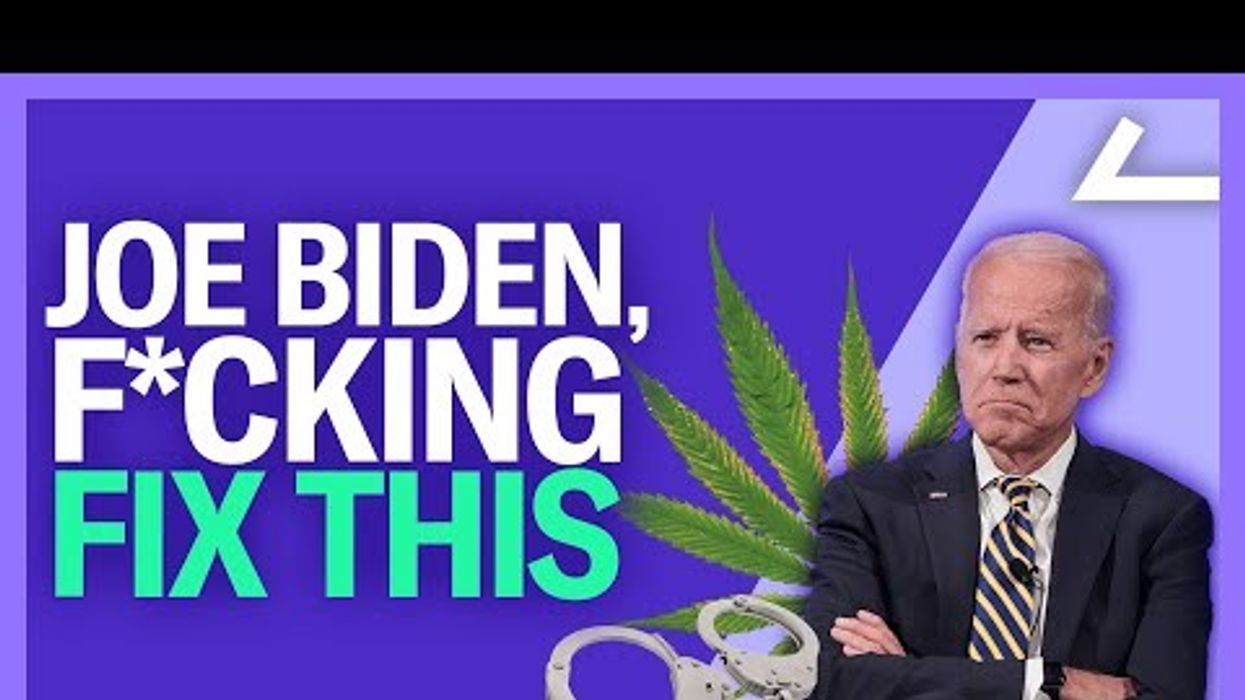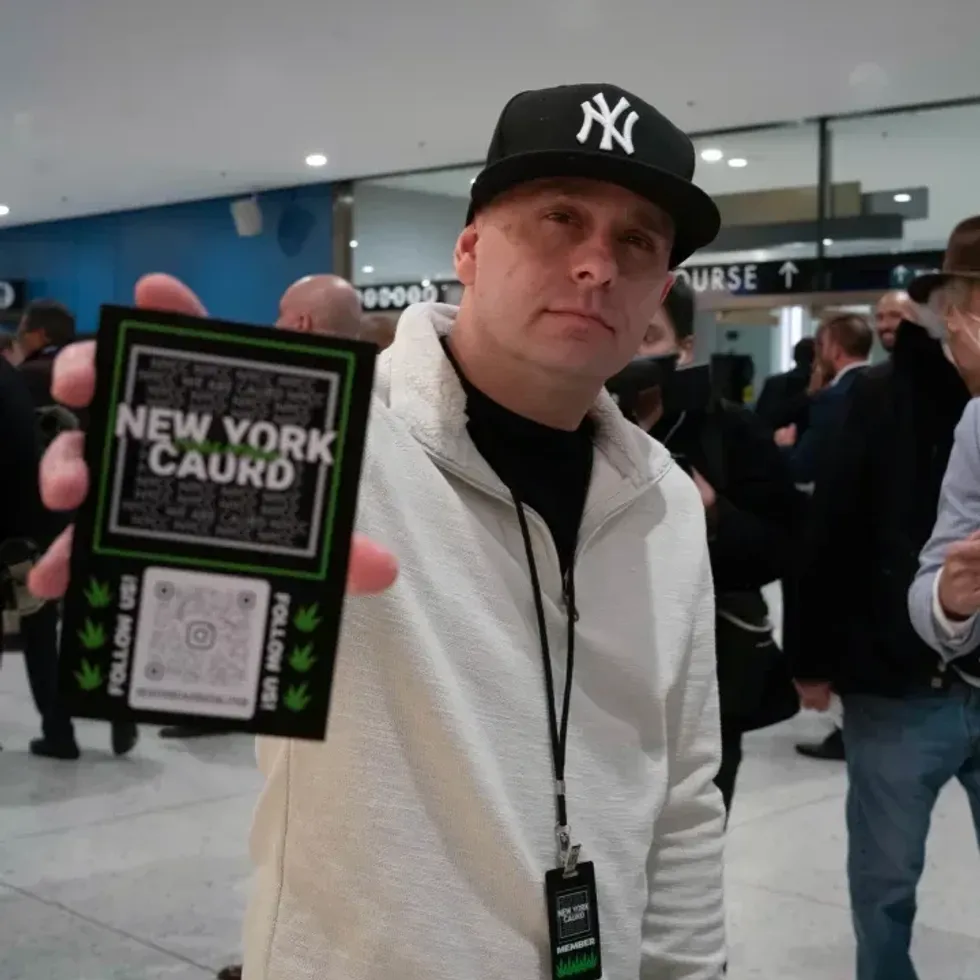How The Weldon Project Letter Aims to Hold Biden Accountable on Cannabis Clemency
When President Joe Biden was running for office, he made a very enticing promise on his campaign trail: that anyone in the U.S. with a cannabis-related offense on their record would have that expunged. Fast forward one year later, and that promise still hasn’t even come close to being realized.
However, this expungement issue doesn’t begin and end with Biden. Most states with some form of legal cannabis have rolled out legislation that includes the need for industry equity and expungement, yet many people still have those offenses living on their records – and some are even still incarcerated for cannabis-related crimes.
As a result, much of the industry has taken matters into their own hands, advocating for equity programs, spreading the word about the need for expungement, and pushing legislators to follow through on their promises.
The Weldon Project Demands Cannabis Clemency Now
While advocates throughout the industry – like the Last Prisoner Project and Supernova Women – have been on the frontlines of the fight for equity and expungement in cannabis, the industry will have to include leaders from other fields in order to present a well-rounded and thorough appeal.
Enter The Weldon Project letter, which included signatures from NBA star Al Harrington, Killer Mike, Meek Mill, Drake, Mike Tyson, Lil Baby, and over 150 artists, athletes, law enforcement, business leaders, elected and appointed government officials, and leading cannabis advocates.
The petition, which was delivered to President Biden on September 14, 2021, urges the president to follow through on his promise and grant a general pardon to anyone in the country who has been convicted of a federal cannabis offense.
“Enough is enough. No one should be locked up in federal prison for marijuana,” the letter reads. “No one should continue to bear the scarlet letter of a federal conviction for marijuana offenses.”
In a growing industry where everyone is trying to get in on the ground floor, leaving the formerly (and currently) incarcerated by the wayside is completely immoral.
A lying politician is hardly news, but this is a promise that Biden must follow through with in order to establish the legal industry with a clear conscience for everyone involved.
Advocates from the inside have been shouting at the top of their lungs about this issue for years, to no avail. Hopefully the involvement and support of experts from an array of leading American industries will help the federal government realize what a pressing issue this is, and how many people are refusing to look away until it is fully resolved.



 NYCRA Co-Founder and VP Operations, Jayson Tantalo
NYCRA Co-Founder and VP Operations, Jayson Tantalo 
 Apple Fritter Strain - The Bluntness Riverside Greenery
Apple Fritter Strain - The Bluntness Riverside Greenery  Indica vs. Sativa: Are These Cannabis Labels Outdated? - The Bluntness
Indica vs. Sativa: Are These Cannabis Labels Outdated? - The Bluntness  Georgia Pie Strain Profile: history, effects, and more - The Bluntness
Georgia Pie Strain Profile: history, effects, and more - The Bluntness  How many strains of weed are there? - The Bluntness
How many strains of weed are there? - The Bluntness 
 Trump's Executive Order: What Rescheduling Means for Cannabis Photo by Igor Omilaev on Unsplash
Trump's Executive Order: What Rescheduling Means for Cannabis Photo by Igor Omilaev on Unsplash  Can Voters Lose Legal Weed? - The Bluntness Photo by
Can Voters Lose Legal Weed? - The Bluntness Photo by 
 Who's Funding the Legal Cannabis Pushback? - The Bluntness Photo by
Who's Funding the Legal Cannabis Pushback? - The Bluntness Photo by  Getting involved is the best way to push back against cannabis rollbacks - The Bluntness Photo by
Getting involved is the best way to push back against cannabis rollbacks - The Bluntness Photo by 











